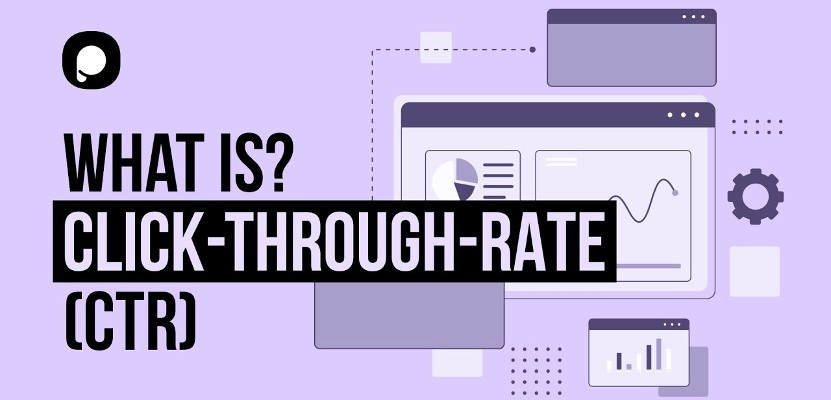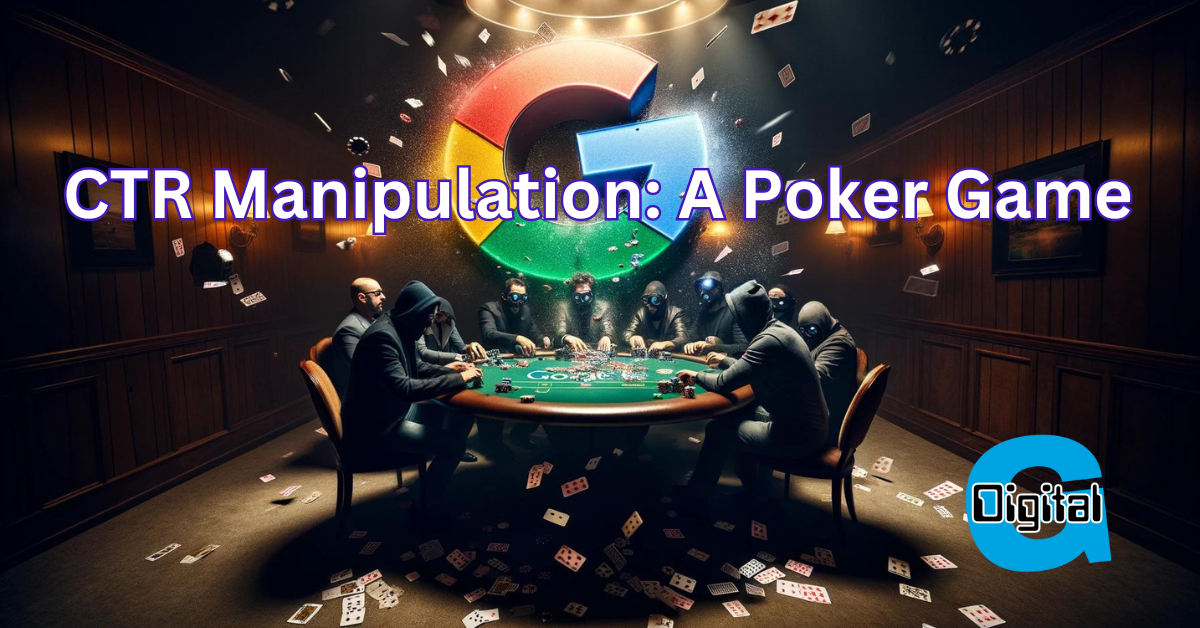Checking Out the Relationship Between CTR Manipulation Services and Individual Habits
In the realm of digital marketing, the impact of click-through price (CTR) adjustment services on customer actions stays a facility and interesting topic. By dissecting the detailed relationship in between CTR manipulation solutions and customer habits, interesting insights arise that might improve our understanding of digital advertising techniques and their effects on customers.
Influence of CTR Adjustment on Habits
Examining the influence of Click-Through Rate (CTR) manipulation on individual behavior exposes vital insights right into the dynamics of online interaction. CTR adjustment involves synthetically inflating the number of click a certain link or advertisement to trick individuals and search engines. This practice can bring about a distorted perception of a web page's popularity or importance, ultimately influencing customer behavior.

Furthermore, CTR control can skew the information used by formulas to customize user experiences. This can result in individuals being offered content that does not straighten with their preferences or rate of interests, eventually leading to a decline in customer complete satisfaction and engagement. Comprehending the impact of CTR manipulation on individual actions is important for maintaining transparency and trust in online communications.
Customer Interaction With Manipulated CTR
Individual involvement with manipulated CTR information typically causes manipulated assumptions of online content popularity and significance. When individuals connect with web content based on artificially filled with air Click-Through Fees (CTR), they may believe that certain info, products, or services are more preferred or trustworthy than they really are. This can lead to customers making choices based on deceptive data, causing possibly negative end results.
Interaction metrics like likes, shares, remarks, and time invested on a page are often affected by CTR adjustment. Individuals might be much more inclined to engage with content that appears to have greater engagement prices, further continuing the cycle of skewed understandings. Because of this, web content makers and advertisers may prioritize producing web content that creates high CTR as opposed to concentrating on creating truly useful and appropriate material.

Mental Effects of CTR Manipulation

Additionally, the psychological impacts of CTR control can also manifest in altered decision-making processes. Customers might be much more inclined to click material exclusively based on its perceived appeal, instead than its actual worth or significance to their needs. This behavioral change can lead to a superficial involvement with on the internet web content, where users might overlook high-grade however less prominent offerings in favor of those with unnaturally boosted CTRs.
Essentially, the psychological implications of CTR adjustment highlight the significance of keeping transparency and credibility in online communications to foster real customer engagement and depend on.
Moral Factors To Consider in CTR Adjustment
CTR adjustment elevates issues about tricking individuals, distorting data analytics, and jeopardizing the credibility of online web content. By unnaturally blowing up CTR, individuals may be deceived right into clicking on web links or ads they would not have actually picked or else, leading to a disingenuous online experience.
An additional honest element to consider is the fairness of adjusting CTR to obtain an unreasonable benefit over competitors. Participating in such techniques not just breaks concepts of fair play yet likewise undermines the trust that customers position in on-line systems. It is necessary for companies and electronic marketing experts to support ethical Click This Link criteria in their methods to ensure transparency, credibility, and long-lasting sustainability in the online environment.
Implications for Digital Marketing
With the raising reliance on electronic platforms for advertising functions, the practice of adjusting click-through prices (CTR) positions substantial implications for the efficiency and honesty of digital advertising and marketing techniques. CTR control can cause manipulated data analytics, misdirecting marketing professionals into thinking that their projects are carrying out much better than they really are. This can cause misallocation of sources, with business spending in underperforming strategies based on falsified CTRs. When customers understand that CTRs have actually been manipulated, it can deteriorate trust in the brand, leading to lasting adverse effects for consumer commitment and brand name online reputation.
Furthermore, read what he said the usage of CTR control services can produce an unjust competitive landscape, where companies that participate in such methods acquire a synthetic benefit over those that follow honest marketing criteria. This can suppress development and imagination in digital marketing, as success comes to be more concerning adjustment tactics than supplying authentic value to customers. Ultimately, the effects of CTR adjustment for digital advertising and marketing expand beyond temporary gains, affecting the total sustainability and reputation of advertising and marketing efforts in the electronic realm.
Conclusion
In verdict, the connection between CTR adjustment services and user habits is complex and diverse. The impact of CTR control on habits, customer involvement with controlled CTR, psychological results, honest factors to consider, and ramifications for electronic advertising all contribute in shaping this partnership. Comprehending these characteristics is vital for marketing professionals and researchers alike in order to navigate the ethical ramifications and optimize the effectiveness of their electronic advertising and marketing methods.